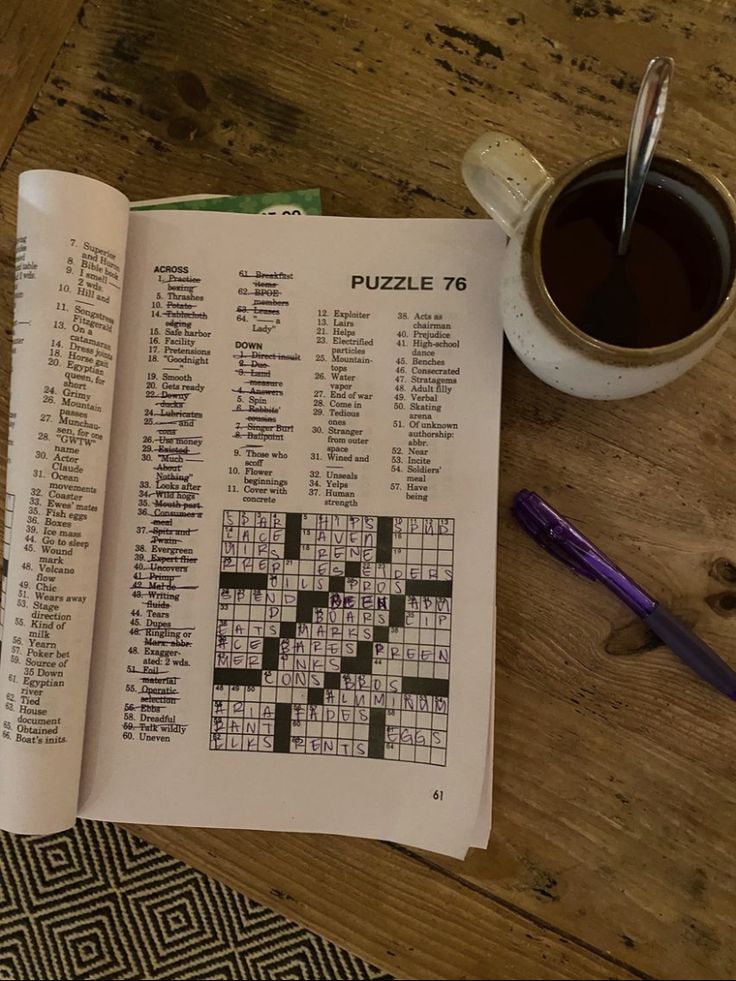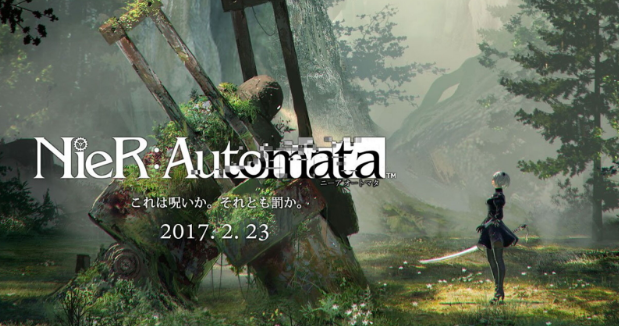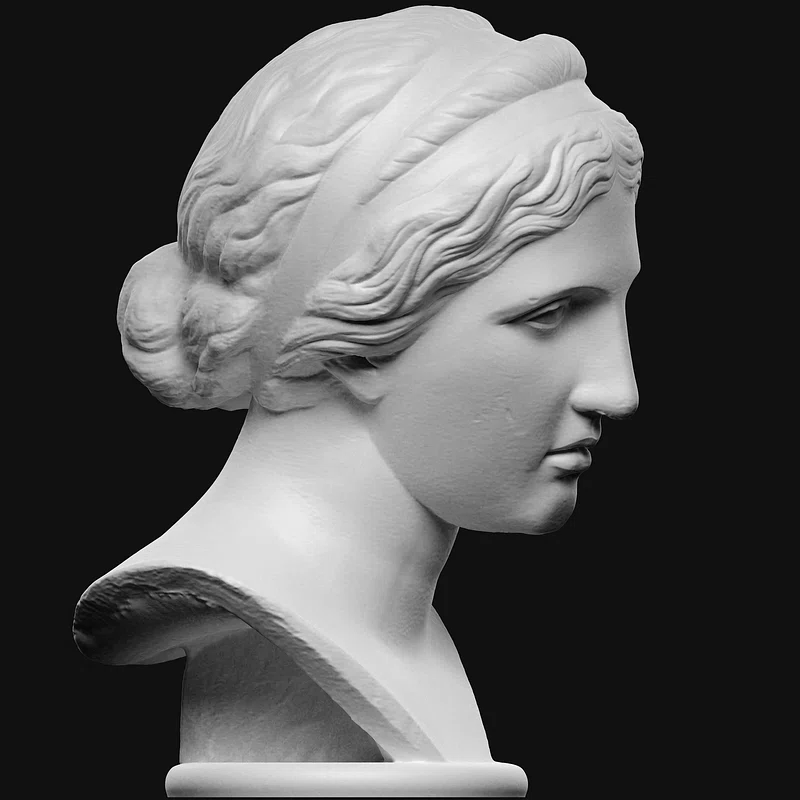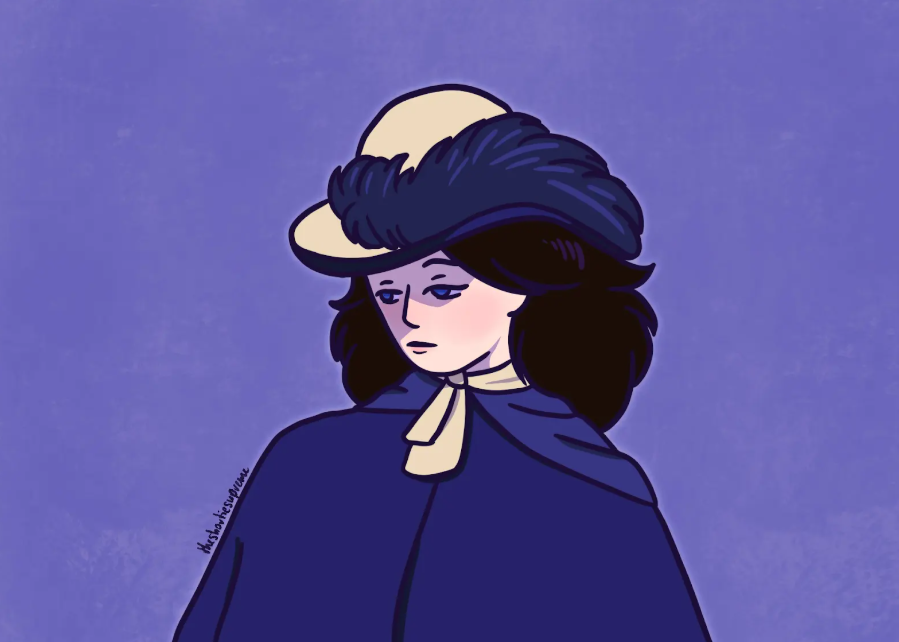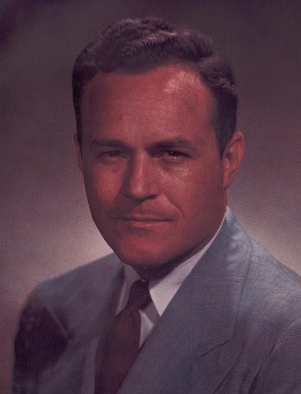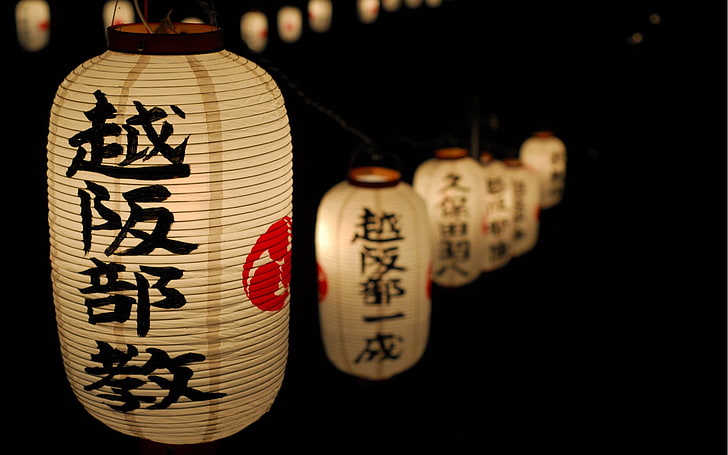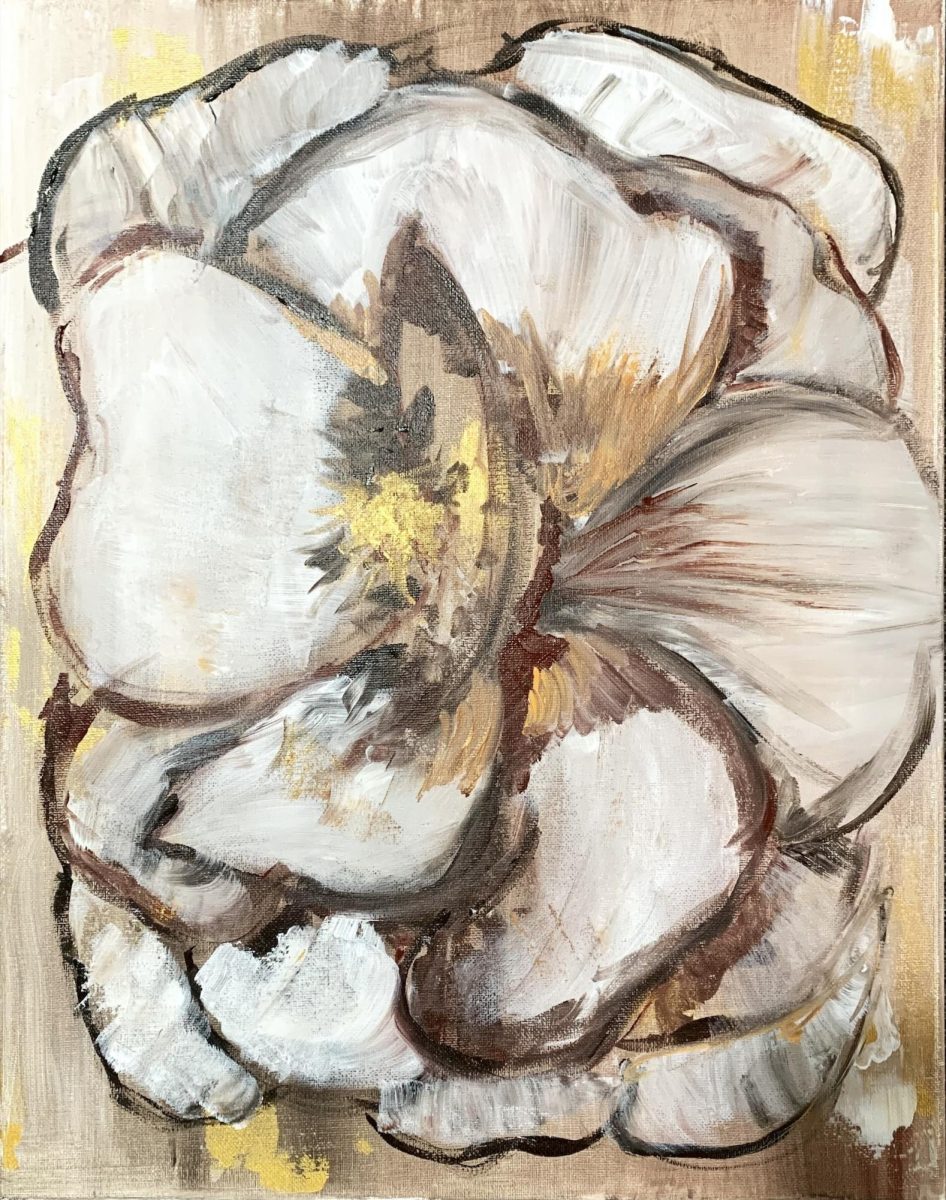From June until the middle of August, the only book I read was Confessions by Saint Augustine of Hippo. It took a long time to digest and required more concentration and devotion than those months allotted me, but with each paragraph of the book I read, the more enlightened and optimistic I felt about opening its pages again.
Late last summer, I made it a goal of mine to prioritize reading and to be more deliberate about my reading choices. I still believe this was due to the freshness of attending a new school and wanting to be the most sophisticated, curious student any of my teachers had met. But what I couldn’t have prepared for is that I was encroaching upon a profound, heavy life experience that would result in me not picking up another book for months.
That summer, I made a list of books with titles that both interested me or sounded like they would teach me something new. Some of these titles were Existentialism and Humanism, The Ethics of Ambiguity, Regarding the Pain of Others, Beyond Good and Evil, The Temptation to Exist, The Brothers Karamazov, Near to the Wild Heart, Pale Fire, and The Trial. Needless to say, philosophy can be intimidating, but that is what should excite me. Theology, however, was a subject that I was actively avoiding. I’ve always been worried about being a “bad Christian” or not knowing as much as I should to even qualify as a Christian who knows what she’s talking about. Confessions, I thought, would be a simple start. I read up to the thirteenth page, in which Augustine said, “The house of my soul is too small for you to enter,” before I set down the book for ten months.

What scared me about theology was that it made me feel small, as though I were standing beneath an enormous and overpowering entity of knowledge far too vast for me to reach the end of before I die. It was tempting to follow someone else’s introductory framework to get a leg up on the grand and ancient mountain, so despite that perhaps not being the best approach for an introduction to patristic theology, it’s exactly what I decided to do.
Inevitably, I found myself in the deep end. It required sitting with the discomfort of not knowing, of not understanding, and of being unsure. Reading Augustine means being faced with challenges that gnaw at your conscience until you resolve your own contradictions. The torment Augustine displays is the torment of someone so religiously unequivocal and determined. I believe that, for Augustine, writing often acted as prayer – not as a substitute for his prayers but as a documentation of them. I found his words incredibly resonant and quite beautiful.
“Look into my heart, O God, the same heart on which you took pity when it was in the depths of the abyss. Let my heart now tell you what prompted me to do wrong for no purpose, and why it was only my own love for mischief that made me do it. The evil in me was foul, but I loved it. I loved my own perdition and my own faults, not the things for which I committed wrong, but the wrong itself. My soul was vicious and broke away from your safekeeping to seek its own destruction, looking for no profit in disgrace but only for disgrace itself.” – St. Augustine of Hippo



